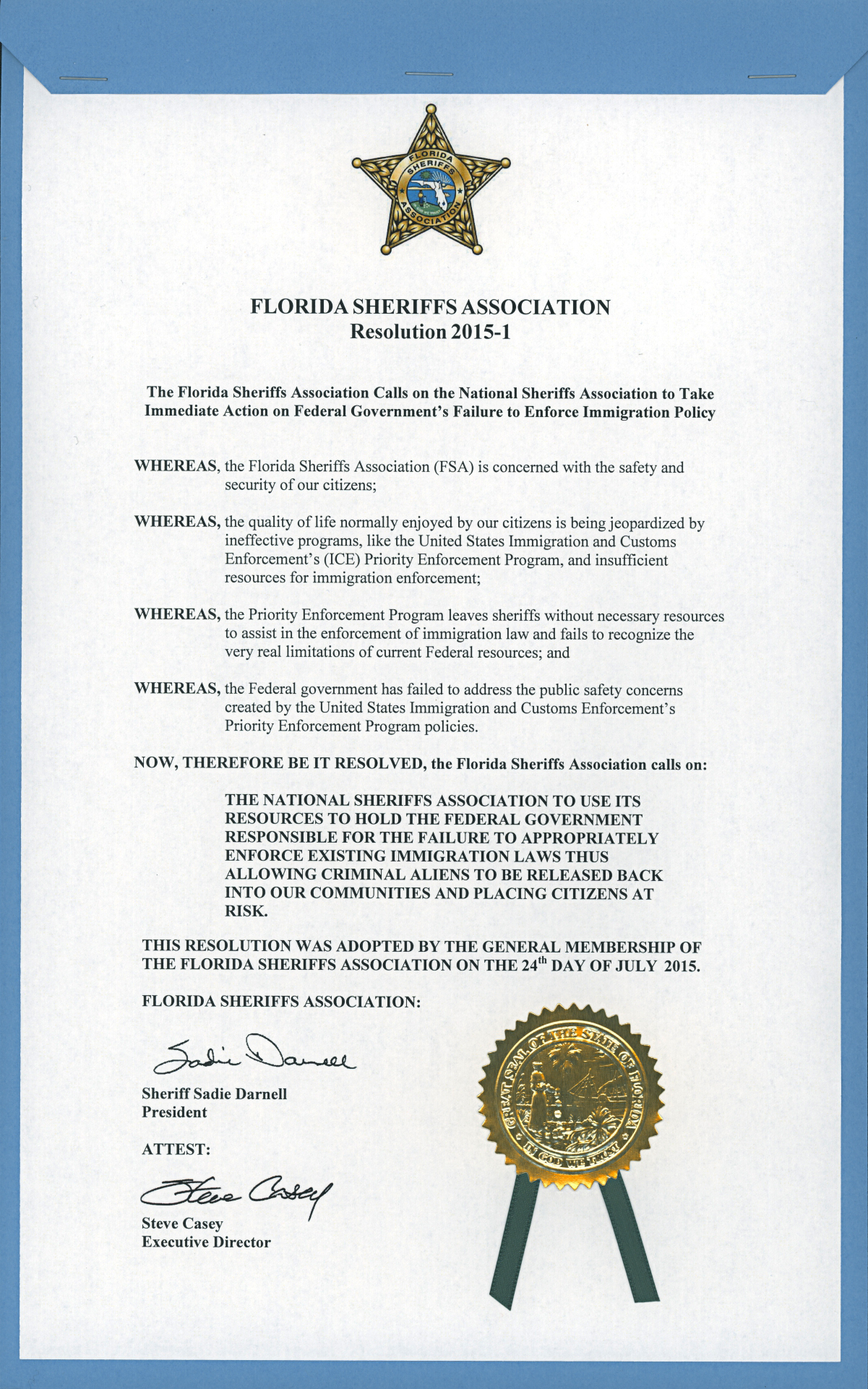Illegal Gambling Florida Statute
3/24/2022
Terms Used In Florida Statutes 849.01
Well, for starters, Florida has a general prohibition against gambling with the exception of pari-mutuel wagering, and the State of Florida Lottery. 849 of the Florida Statutes is entitled “Gambling,” and proscribes a host of activities including conducting a lottery, keeping a gambling house, playing games of chance, unlawfully. The constitutional amendment “requires a vote by citizens initiative” for “casino gambling” to be authorized in Florida. “Casino gambling” is defined as “any of the type of games typically found in.
- Misdemeanor: Usually a petty offense, a less serious crime than a felony, punishable by less than a year of confinement.
- person: includes individuals, children, firms, associations, joint adventures, partnerships, estates, trusts, business trusts, syndicates, fiduciaries, corporations, and all other groups or combinations. See Florida Statutes 88.6011
Whoever by herself or himself, her or his servant, clerk or agent, or in any other manner has, keeps, exercises or maintains a gaming table or room, or gaming implements or apparatus, or house, booth, tent, shelter or other place for the purpose of gaming or gambling or in any place of which she or he may directly or indirectly have charge, control or management, either exclusively or with others, procures, suffers or permits any person to play for money or other valuable thing at any game whatever, whether heretofore prohibited or not, commits a misdemeanor of the second degree, punishable as provided in s. 775.082 or s. 775.083.
Quick Links
- Table Tracing Session Laws to Florida Statutes (2020) [PDF]
- Table of Section Changes (2020)[PDF]
- Preface to the Florida Statutes (2020)[PDF]
- Index to Special and Local Laws (1971-2020)[PDF]
- General Laws Conversion Table (2020)[PDF]
- Florida Statutes Definitions Index (2020)[PDF]
- Index to Special and Local Laws (1845-1970)[PDF]
2012 Florida Statutes
SECTION 085
Certain penny-ante games not crimes; restrictions.
Certain penny-ante games not crimes; restrictions.

(1) Notwithstanding any other provision of law, it is not a crime for a person to participate in a game described in this section if such game is conducted strictly in accordance with this section.
(2) As used in this section:(a) “Penny-ante game” means a game or series of games of poker, pinochle, bridge, rummy, canasta, hearts, dominoes, or mah-jongg in which the winnings of any player in a single round, hand, or game do not exceed $10 in value.
(b) “Dwelling” means residential premises owned or rented by a participant in a penny-ante game and occupied by such participant or the common elements or common areas of a condominium, cooperative, residential subdivision, or mobile home park of which a participant in a penny-ante game is a unit owner, or the facilities of an organization which is tax-exempt under s. 501(c)(7) of the Internal Revenue Code. The term “dwelling” also includes a college dormitory room or the common recreational area of a college dormitory or a publicly owned community center owned by a municipality or county.
(3) A penny-ante game is subject to the following restrictions:(b) A person may not receive any consideration or commission for allowing a penny-ante game to occur in his or her dwelling.
(c) A person may not directly or indirectly charge admission or any other fee for participation in the game.
(d) A person may not solicit participants by means of advertising in any form, advertise the time or place of any penny-ante game, or advertise the fact that he or she will be a participant in any penny-ante game.
Illegal Gambling Florida Laws
(e) A penny-ante game may not be conducted in which any participant is under 18 years of age.
Illegal Gambling Florida Statutes
(4) A debt created or owed as a consequence of any penny-ante game is not legally enforceable.
(5) The conduct of any penny-ante game within the common elements or common area of a condominium, cooperative, residential subdivision, or mobile home park or the conduct of any penny-ante game within the dwelling of an eligible organization as defined in subsection (2) or within a publicly owned community center owned by a municipality or county creates no civil liability for damages arising from the penny-ante game on the part of a condominium association, cooperative association, a homeowners’ association as defined in s. 720.301, mobile home owners’ association, dwelling owner, or municipality or county or on the part of a unit owner who was not a participant in the game.
History.—s. 1, ch. 89-366; s. 33, ch. 91-197; s. 1358, ch. 97-102; s. 12, ch. 99-382; ss. 58, 70, ch. 2000-258.